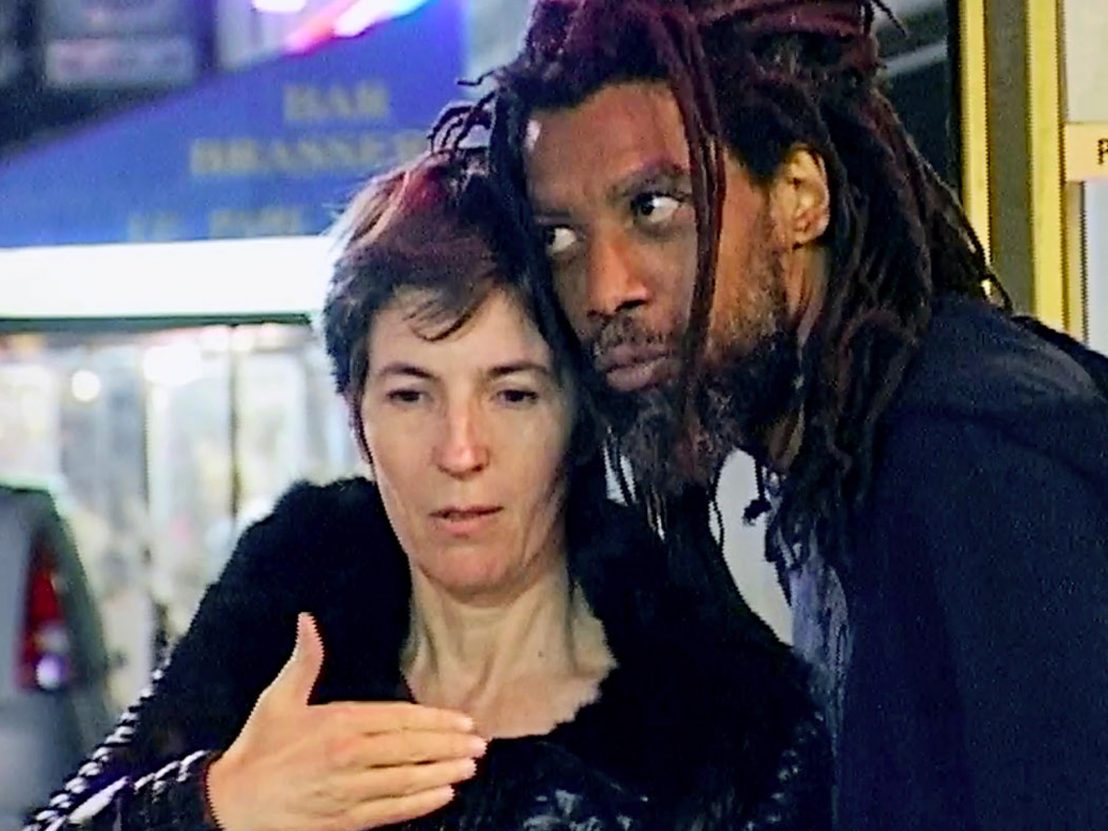
Author and regular Claire Denis collaborator Christine Angot creates a harrowing portrait of a family collectively suppressing its traumas.
The author Christine Angot will likely be known to English-speaking audiences for her bluntly confessional auto-fictional 1999 novel simply titled, ‘Incest’, but also for having penned screenplays for two excellent films directed by Claire Denis: Let the Sunshine In and Both Sides of the Blade.
With her unbearably intense and, in many ways, unique debut documentary, A Family, she adopts both the brusquely challenging personal manner and inquisition-style mode of questioning seen by the great Claude Lanzmann in his film Shoah, in which the filmmaker is violently insistent with his on-camera subjects as they recount first-hand horrors of the Holocaust.
Lanzmann viewed the camera as a tool for live archiving, but was aware that any hard evidence gleaned from his interviews will inevitably be laden with emotion and subject to the ingrained survival instincts of the person bearing their soul. Angot’s strategy here is similarly inclined towards the normalising of discomfort, but it is the perfect strategy to her achieve her intended goals of finding out exactly why her family and friends remained silent while, from the age of 13, she was being raped by her (since deceased) father.
We understand that Angot’s trauma has metastasised from cowed incomprehension in her teens and younger-middle age to violent rage in the present, and she has reached a point in her life where she no longer sees her family as being innocent bystanders while she suffered this repeated pattern of abuse. The lightly fictionalised accounts from Incest did not give her the closure (or at least some vague answers) that she now demands, and so with A Family she doorsteps her relatives and says to them point blank: you knew it was happening so why didn’t you help? Angot shows no pretence for warmth and is definitely not looking for a reason to forgive, and in many ways this is a film about, if not so much administering punishment, then at least making sure that the extent of her trauma is both understood and possibly shared.
Two moments stand out, both bloodcurdling in their own way: the first sees Argot and her crew forcing entry into her estranged mother’s house and demanding a sit-down interview on camera. A yelling match ensues and the presence of the camera (which her mother protests) ends up being the reason why a dialogue is eventually reached. Yet we discover later that her mother was not happy about what she feels was a violent imposition, which undercuts any pretence towards sincerity in her testimony.
Another near-unwatchable sequence takes the form of some archive footage of a glossy TV debate show in which Angot is not just pilloried but insulted to her face for having written ‘Incest’. The presenters and members of the panel mock her for having directly channeled this experience into literature, and seem to completely overlook (or be unsympathetic towards) the fact that Angot tore out her own heart to write that novel.
This sequence emphasises, with a brutality of intent, the extreme gaslighting that Angot was subjected to where her trauma wasn’t merely rejected but she was made to feel like an accomplice in her own downfall. And it’s possibly the reason why this important film, which is very circumspect about the possibility of catharsis in such matters, exists.
Little White Lies is committed to championing great movies and the talented people who make them.
Published 19 Feb 2024